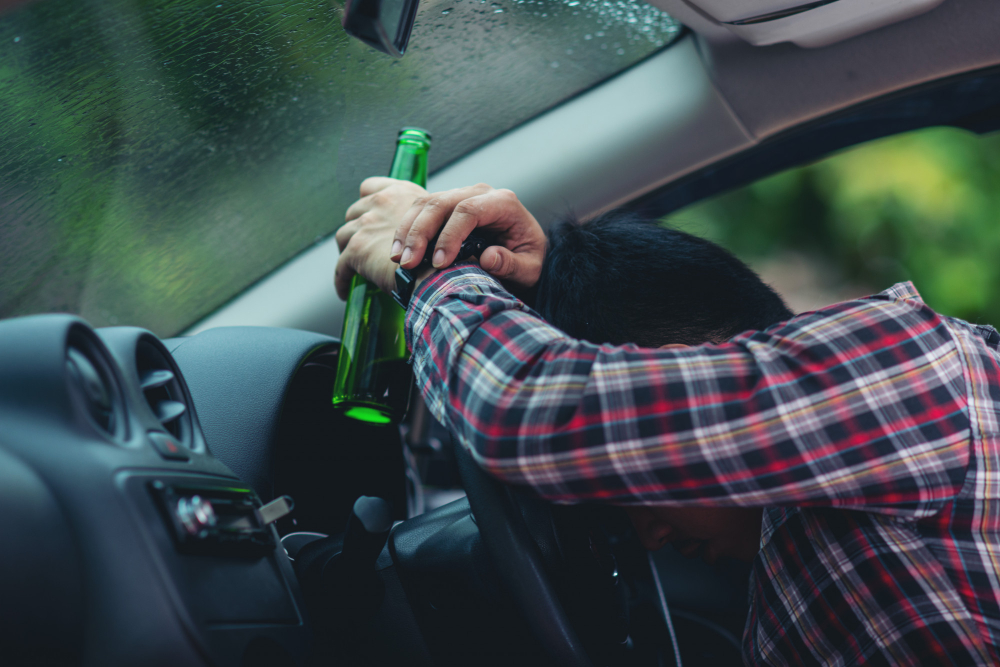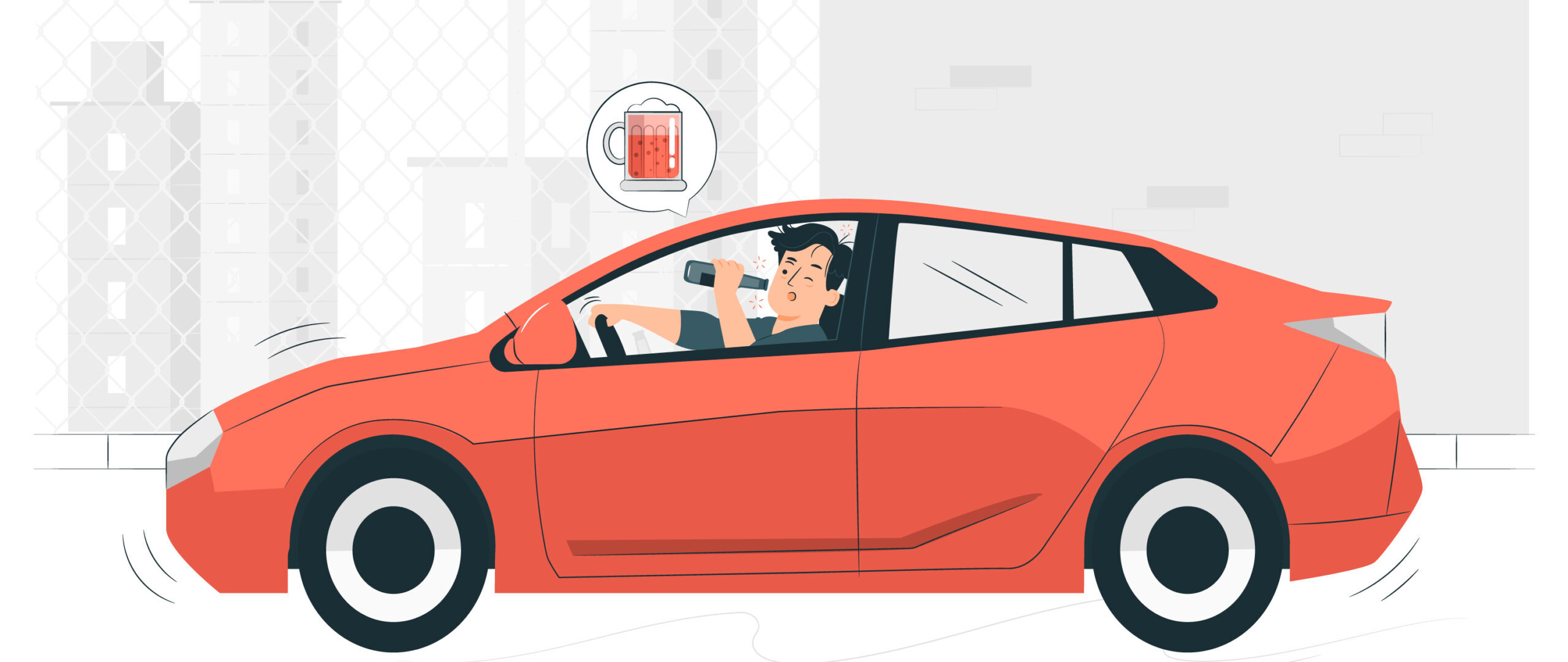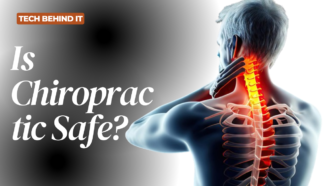The Devastating Impact of Drunk Driving on Families
- 1 Impacts of Drunk Driving Accidents on Families
- 1.1 Emotional Trauma
- 1.2 Financial Consequences
- 1.3 Relationship
- 1.4 Injuries
- 1.5 Initial Trauma
- 2 How do families deal with the stress caused by a drunk driving accident?
- 2.1 Seek professional counseling or therapy:
- 2.2 Connect with support groups:
- 2.3 Take care of physical health:
- 2.4 Practice self-care:
- 2.5 Lean on social support:
- 2.6 Participate in memorial activities:
- 3 What are some long-term effects of drunk driving accidents on families?
When someone is injured or killed in a drunk driving accident, the victim’s family is left to cope with the aftermath of the tragedy. The accident’s emotional, financial, and physical toll can be overwhelming, and families may struggle to recover and move forward. We spoke with a Las Vegas attorney specializing in personal injury and car accidents about the devastating impact drunk driving accidents can have on families.
Impacts of Drunk Driving Accidents on Families
Emotional Trauma
One of the most significant impacts of drunk driving accidents on families is emotional trauma. Family members may experience various emotions, including grief, anger, guilt, and despair. The sudden and unexpected loss of a loved one can leave family members feeling lost and alone, and the trauma of the accident may stay with them for years to come.
Financial Consequences
In addition to the emotional toll, drunk driving accidents can have significant financial consequences for families. Medical bills, funeral expenses, and ongoing care for injured family members can add up quickly, leaving families struggling to make ends meet. In some cases, families may also face lost wages or a loss of income if the victim is the primary breadwinner.
Relationship
The impact of drunk driving accidents on families can also be felt in their relationships. The stress and trauma of the accident can strain relationships between family members, causing tension and conflict. Family members may also struggle to communicate their feelings and needs, which can lead to further strain on relationships.
Injuries
In cases where a family member is injured in a drunk driving accident, the impact can be particularly devastating. Injuries can range from cuts and bruises to severe brain damage and spinal cord injuries. Victims may require ongoing medical care, rehabilitation, and support, which can be costly and time-consuming for families. The physical impact of the accident can also lead to a loss of independence and a decreased quality of life for the victim and their family members.
Initial Trauma
The impact of a drunk driving accident on a family can last long after the initial trauma of the accident has subsided. Family members may struggle with guilt, regret, and anger, and the stress of the accident can continue to impact their lives for years to come. In some cases, families may also experience post-traumatic stress disorder (PTSD) due to the accident.
Families need to receive support in the aftermath of a drunk driving accident. Counseling, therapy, and support groups can help families cope with the emotional trauma of the accident and provide a safe space to share their feelings and experiences. Financial assistance programs may also be available to help families cover the costs associated with the accident.
Preventing drunk driving accidents is crucial in reducing the impact on families. Education campaigns can help raise awareness of the dangers of drunk driving, and law enforcement can increase patrols and enforce DUI laws. Technology, such as ignition interlock systems and smartphone apps, can also help prevent drunk driving accidents from occurring.
In conclusion, the devastating impact of drunk driving on families cannot be overstated. The accident’s emotional, financial, and physical toll can be overwhelming, leaving families struggling to recover and move forward. Families need to receive support in the aftermath of a drunk driving accident, and society needs to work together to prevent these tragedies. By taking responsibility for our actions and working together, we can help reduce the impact of drunk driving on families and stop these senseless tragedies from occurring.
How do families deal with the stress caused by a drunk driving accident?
Dealing with the stress and sadness of a drunk driving disaster may be a difficult and complex process. Families and individuals may benefit from professional assistance and support in working through their emotions and feelings.
Here are some strategies that may help:
Seek professional counseling or therapy:
A licensed therapist or counselor can provide guidance and support to help families and individuals cope with the emotional trauma and stress of a drunk driving accident. They can also help individuals develop coping skills and strategies to manage emotions and feelings.
Connect with support groups:
Support groups can provide a safe and supportive environment for families and individuals to share their experiences and connect with others impacted by drunk driving accidents. Many organizations offer support groups for victims and their families.
Take care of physical health:
Physical health can impact mental health, so it is vital for individuals to prioritize their physical well-being. This includes getting enough sleep, eating a balanced diet, and exercising regularly.
Practice self-care:
Practicing self-care is an essential part of coping with the stress and grief of a drunk driving accident. This may include meditation, yoga, or leisure time in nature.
Lean on social support:
Connecting with friends and family can provide emotional support and help individuals feel less isolated. It is important to share feelings and emotions with loved ones and to lean on their support.
Participate in memorial activities:
Participating in memorial activities, such as lighting candles or creating a memorial, can help families and individuals honor the memory of their loved ones and provide a sense of closure.
It is important to remember that each individual’s grieving process is unique, and there is no “right” way to cope with the aftermath of a drunk driving accident. Seeking help and support can make the process more manageable and provide the necessary resources.
What are some long-term effects of drunk driving accidents on families?
The long-term effects of drunk driving accidents on families can be profound and enduring.
Here are some examples of the long-term impacts:
Emotional Trauma:
Families who have lost loved ones or have been impacted by severe injuries from drunk driving accidents may experience ongoing emotional trauma. They may struggle with depression, anxiety, and post-traumatic stress disorder (PTSD) that can persist for years after the accident.
Financial Hardship:
The costs associated with medical bills, rehabilitation, and funeral expenses can be significant and may place a substantial financial burden on families. In some cases, family members may be unable to work due to injuries sustained in the accident, further exacerbating financial hardship.
Changes in Family Dynamics:
The loss of a loved one or significant physical or mental health changes due to a drunk driving accident can lead to changes in family dynamics. Family members may struggle to adjust to new roles and responsibilities, and relationships between family members may be strained.
Physical Health Issues:
Injuries sustained in a drunk driving accident can have long-term physical effects on victims and their families. Individuals may require ongoing medical care, surgeries, or physical therapy and may experience chronic pain or disability due to the accident.
Legal Proceedings:
Families who drunk driving accidents have impacted may be involved in lengthy and complex legal proceedings, including criminal trials and civil lawsuits. These proceedings can be emotionally draining and add to the accident’s stress and trauma.
It is essential for families impacted by drunk driving accidents to seek help and support to cope with these long-term effects. Seeking professional counseling, connecting with support groups, and caring for physical health can help families move forward and rebuild their lives after a tragic accident.



















